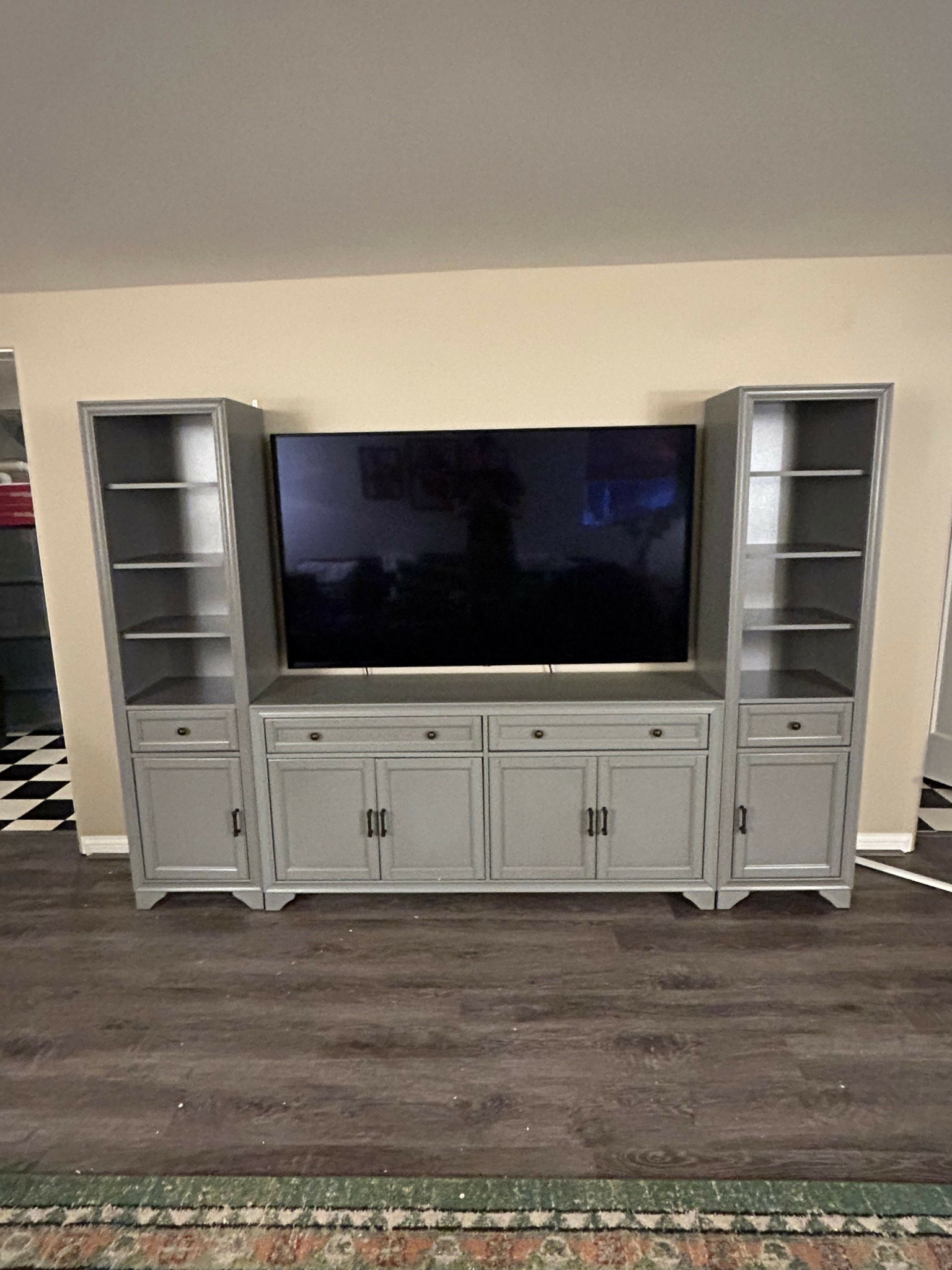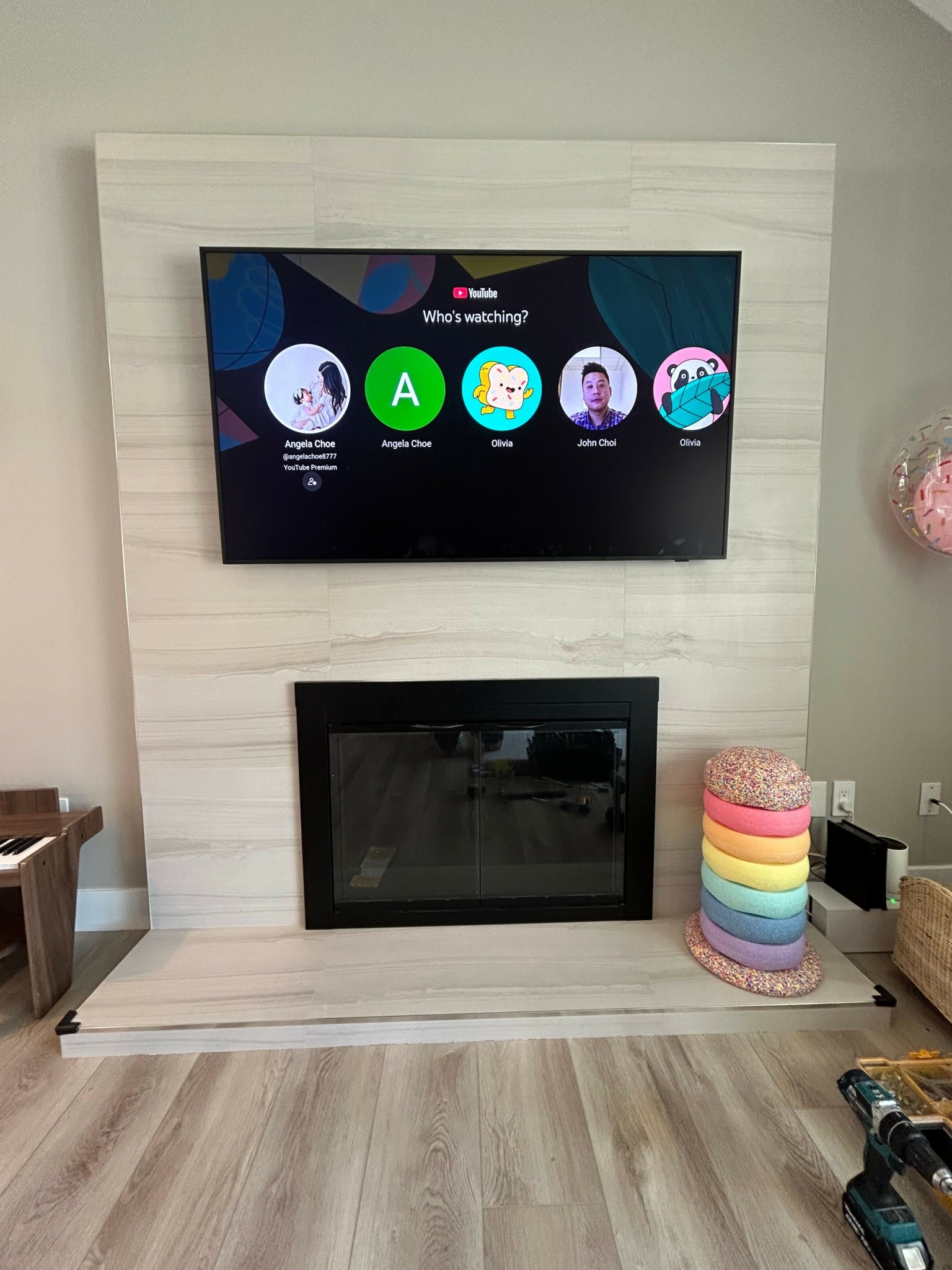We recently connected with Andrew DeStefano and have shared our conversation below.
Andrew, looking forward to hearing all of your stories today. What’s the backstory behind how you came up with the idea for your business?
Handy Neighbor Home Services has been a passion project of mine for over five years now and began in a humble and unexpected manner. I completed college in 2019 and planned to pursue an analytic career, but decided to take a hiatus to recover from four long years. This break lasted about a year and was impacted by COVID. I finally started working for myself again in Fall 2020, during which I was working as a math tutor and delivery driver before eventually deciding to try out handyman jobs. It began with simple labor jobs, then I added assembly soon followed by mounting and before long I was able to scale up my work and pay with on the job experience. Nearly all of my work stemmed from gig app leads which capped my earnings somewhat, but I was content with the earnings and stayed regularly booked. This arrangement continued for four years until I moved to Seattle in Fall 2024 and decided to truly become independent.
In retrospect, I should’ve become independent sooner but pessimism and complacency prevented me from investing in myself and ditching the gig apps. The main allure of such apps is reasonable leads for minimal overhead, with the downside being employee treatment despite independent contractor classification, which meant taking 60 cents on the dollar for most work completed. Initially, I had no issue with this tradeoff as my performance and work ethic kept me busy and therefore earning enough to remain content. Over time as my skills and efficiency grew, the compensation through the gig app structure failed to meet that same rate. Restarting and moving to Seattle provided the ideal circumstance to grow on my own in a burgeoning metro with plentiful opportunity.
The key to my business growth has been quality service paired with honest and effective communication. Within my first year of handyman work, I realized most clients were accustomed to handymen lacking effective communication skills. Clear communication seemed like basic human decency to me, but I continuously heard perplexing stories of other workers who showed up at announced times and left unexpectedly, failed to explain certain decisions regarding the work completed or included puzzling charges on the final invoice. Yes, these “professionals” completed the work, but the client was left less than satisfied. I’ve found that clients are eager to pay more to eliminate these uncertainties and are more satisfied with the final results. The ability to complete the work in a timely manner is the industry standard, while showing up on time and effectively explaining the necessary details before, during and after the job is what truly raises the bar.

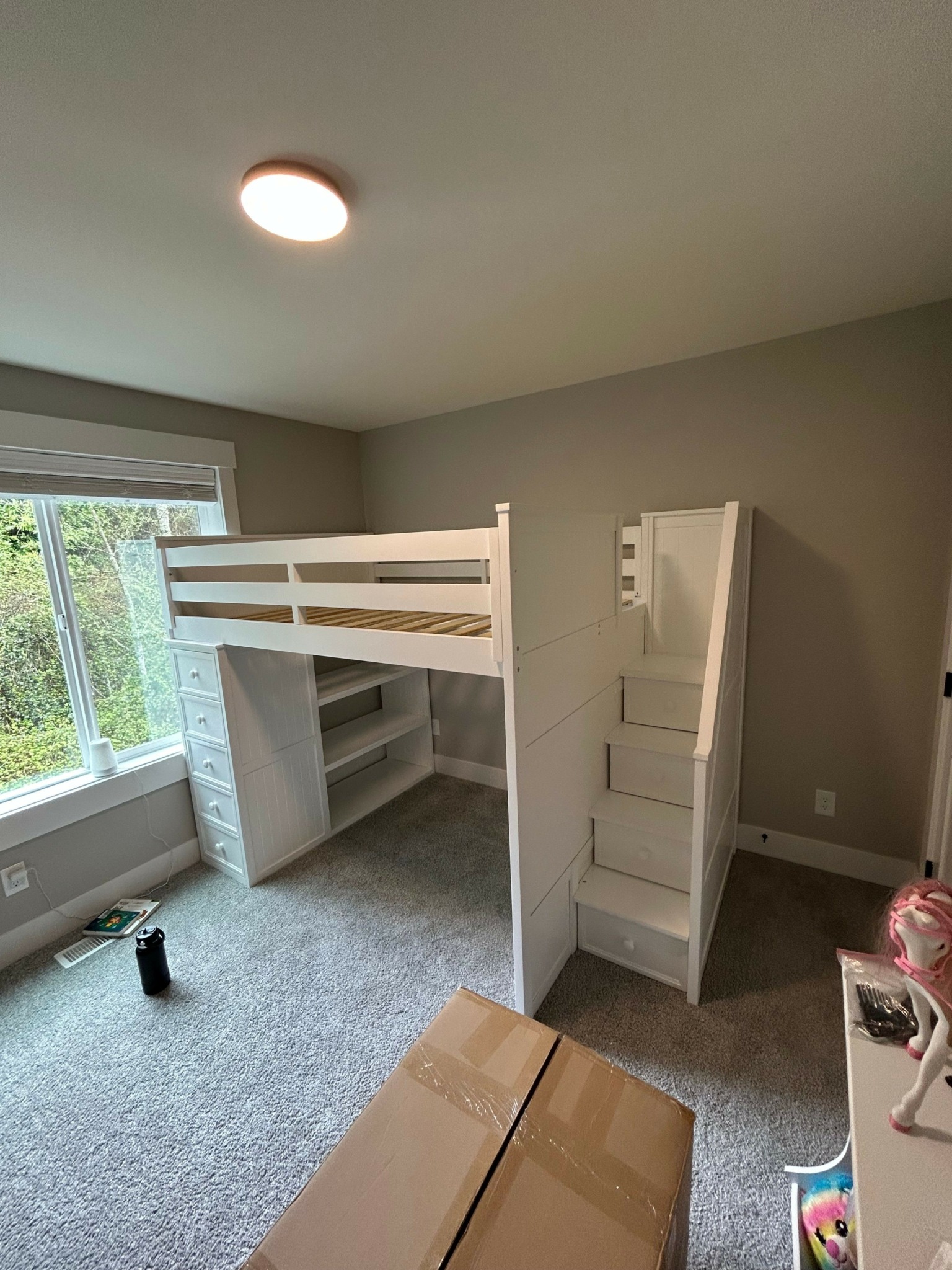
Great, appreciate you sharing that with us. Before we ask you to share more of your insights, can you take a moment to introduce yourself and how you got to where you are today to our readers.
I never saw myself as a handyman, but there were signs throughout my upbringing that I didn’t recognize initially. My father was a carpenter and I used to help with projects when he needed a second set of hands, I was in student government in high school and regularly lead tasks for homecoming, dance setups, rallies and other school events, and in college I assembled all my own furniture and that of friends as well.
When the COVID 19 pandemic hit in March 2020, I stopped working for a few months until I moved to Marin County with my now wife and needed to get back into the workforce. One of our housemates suggested handyman work, and while I never saw myself as a handyman, I could assemble furniture, provide labor and had general knowledge of the trades from my father. Marin County soon proved to be the perfect market for an ambitious, reliable handyman and I was able to scale up exponentially just through gig apps. This continued for two years in Marin, then 2 years in Los Angeles before I moved to Seattle in Fall 2024 and officially established Handy Neighbor Home Services.
I summarize my services as furniture assembly, wall mounting and “honey-do” projects. Essentially, projects people have neglected for lack of time, expertise or motivation and work that requires general trade knowledge without getting too involved in a specific discipline. What sets me apart from others is honest and reliable communication. Anyone can assemble an Ikea bed, but how many will show up on time with the proper tools and get the job done efficiently all while ensuring ultimate client satisfaction? Clients’ need someone they can trust because, after all, I’m a stranger entering their homes.
I would say I’m most proud of my ability to connect with clients. Helping and meeting interesting and grateful people everyday is truly a reward, and my wife would be quick to say that she hears way too much about my clients. I want future clients to know that, despite potentially bad past experiences, there is a quality handyman out there who genuinely cares and has customer satisfaction as the top priority.
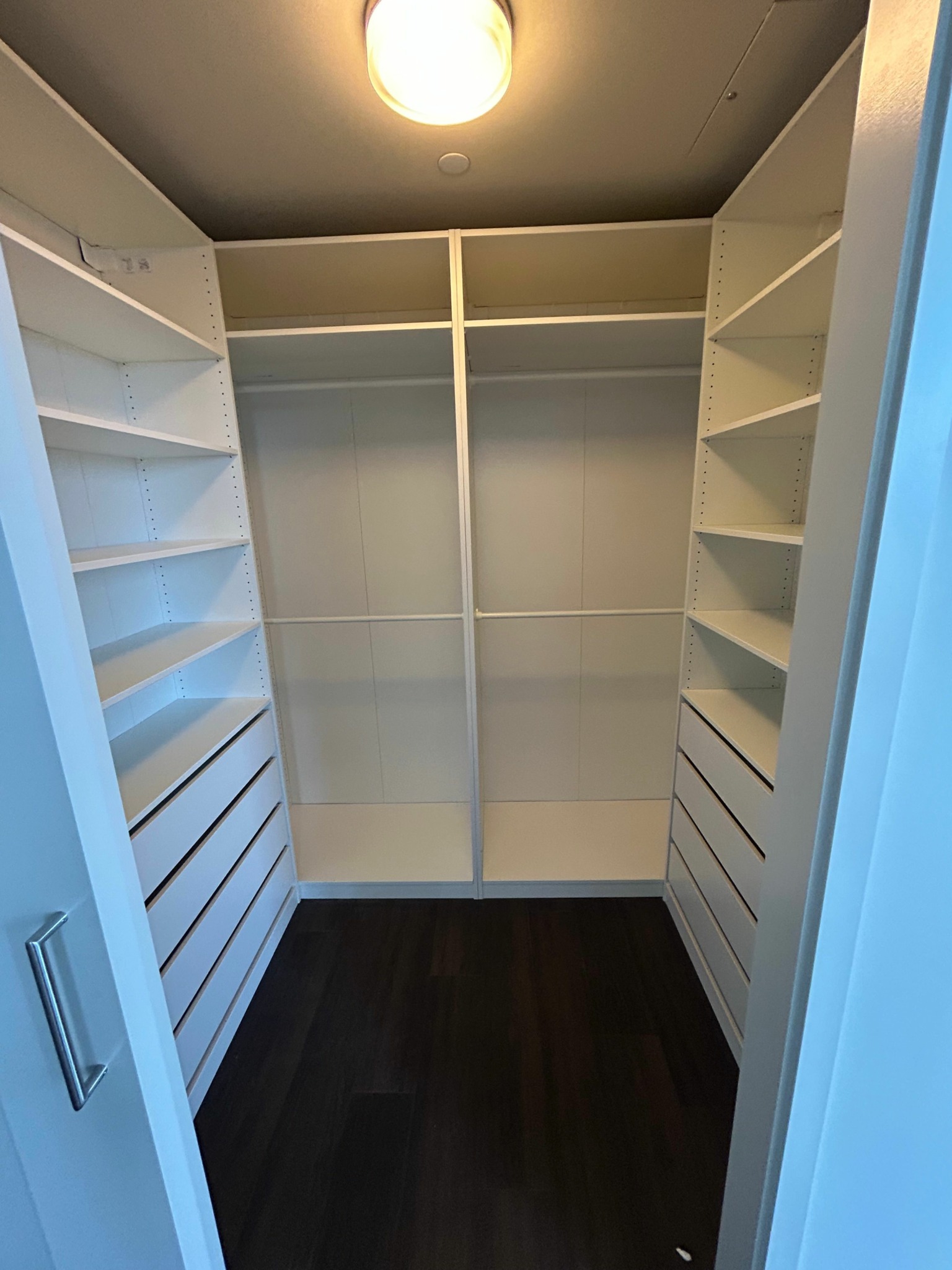
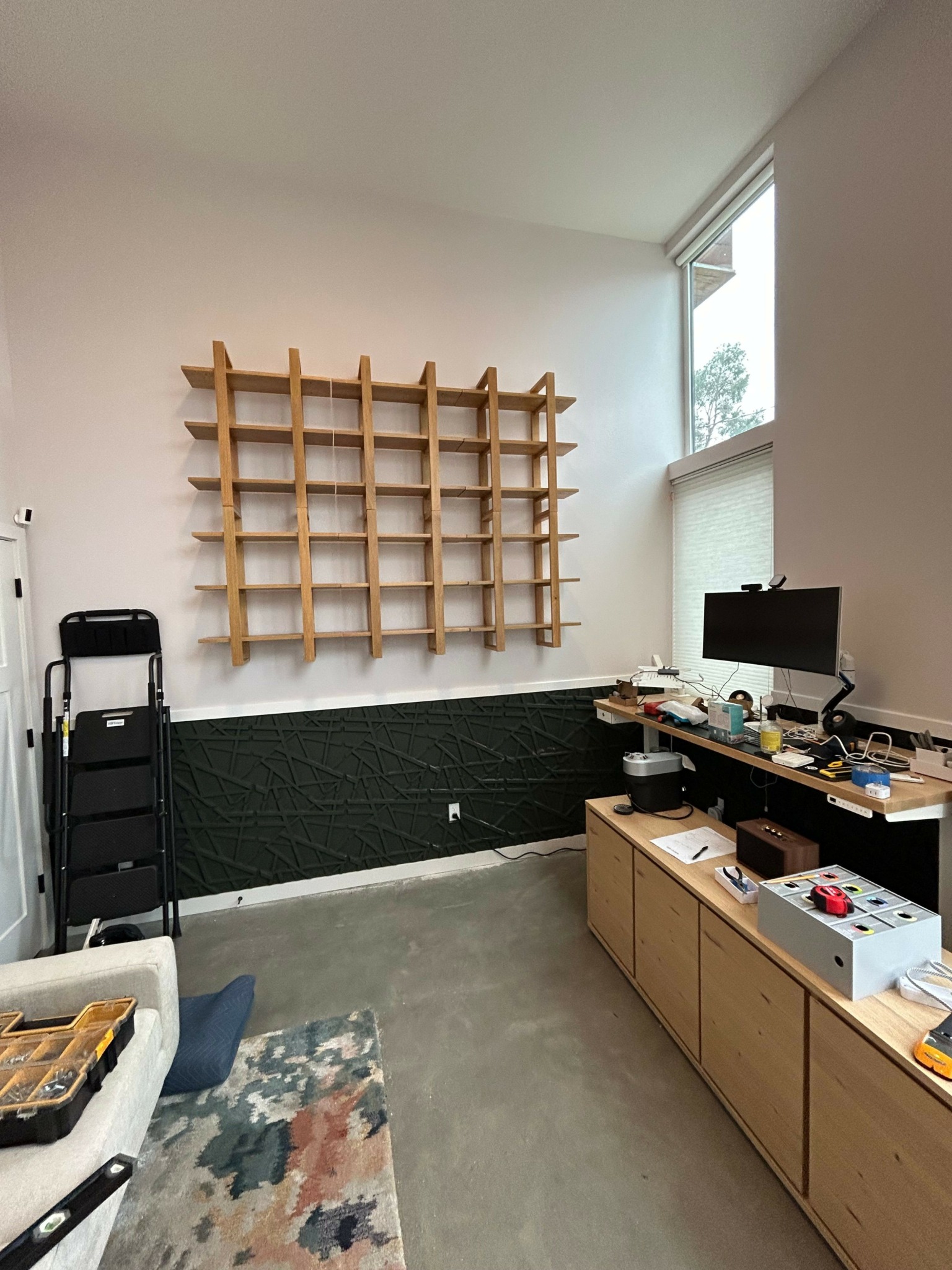
Learning and unlearning are both critical parts of growth – can you share a story of a time when you had to unlearn a lesson?
With five years on the job, I’ve learned to identify potential red flags when interacting with new clients. Some are obvious like disregard for my time, asking for discounts, lack of a timely response, or just generally being rude, but others seem inconsequential upon first thought. I’ll list some of these with an explanation below:
Phrases like “it should be quick” or “it will only take an hour”
The client expects quick work and may be upset if their opinion of how long the work should take is incorrect
Promising a tip in advance
Some clients think that offering a tip will result in faster, better work. Seems inconsequential, but most clients who do this in advance heavily consider price rather than quality of work or efficiency. This is why it’s important to set rates so that tips aren’t necessary to justify the work
Last minute reschedule
It’s true that things come up last minute that require a reschedule, but not all are created equal. A true emergency is understandable but a lack of planning indicates a potentially poor client.
Phone calls rather asynchronous messaging
Some clients prefer to talk on the phone which isn’t a problem, but it could mean they want work completed immediately or don’t plan well. Additionally, asynchronous communication provides a chat log for future reference.
Each of these scenarios have resulted in a subpar review for my business, sometimes without an explanation. One of my first jobs was working for a client who had purchased a collection of Ikea furniture for me to assemble. I was new and working hourly so I didn’t press for specifics, but he said he was expecting it to take only a few hours. In the end, I was there for four hours and he wanted me to charge for three because that was his expectation. I relented and charged 3.5 hours and he still submitted a subpar review. This job was my first experience with a problem client and caught me completely off guard because in my head, I had done nothing wrong. What I failed to do was appropriately realign his expectations, and if I couldn’t I should have passed on the job.
I’ve had multiple clients promise a tip in advance; I typically ignore the comment because tipping is optional. One time a client promised a tip after a job and delivered, but then he wanted me to complete a few additional things that were outside of my comfort zone at no additional expense. I declined and left thinking everything was normal, but later he left a bad review saying I charge too much.
This last poor review was from a client who both rescheduled at the last minute and called multiple times. Sometimes a client will book me, then immediately call, which isn’t ideal but it happens. Such was the case with this client who proceeded to call me again 15 minutes before the scheduled start time to say he was missing the TV bracket so he wanted to reschedule. I decided to oblige and did the job as expected the next day, but he left me a 3-star review, no explanation.
The greater message here is that it’s okay to be selective regarding clients; they are the ones reaching out and need you more than you need them.

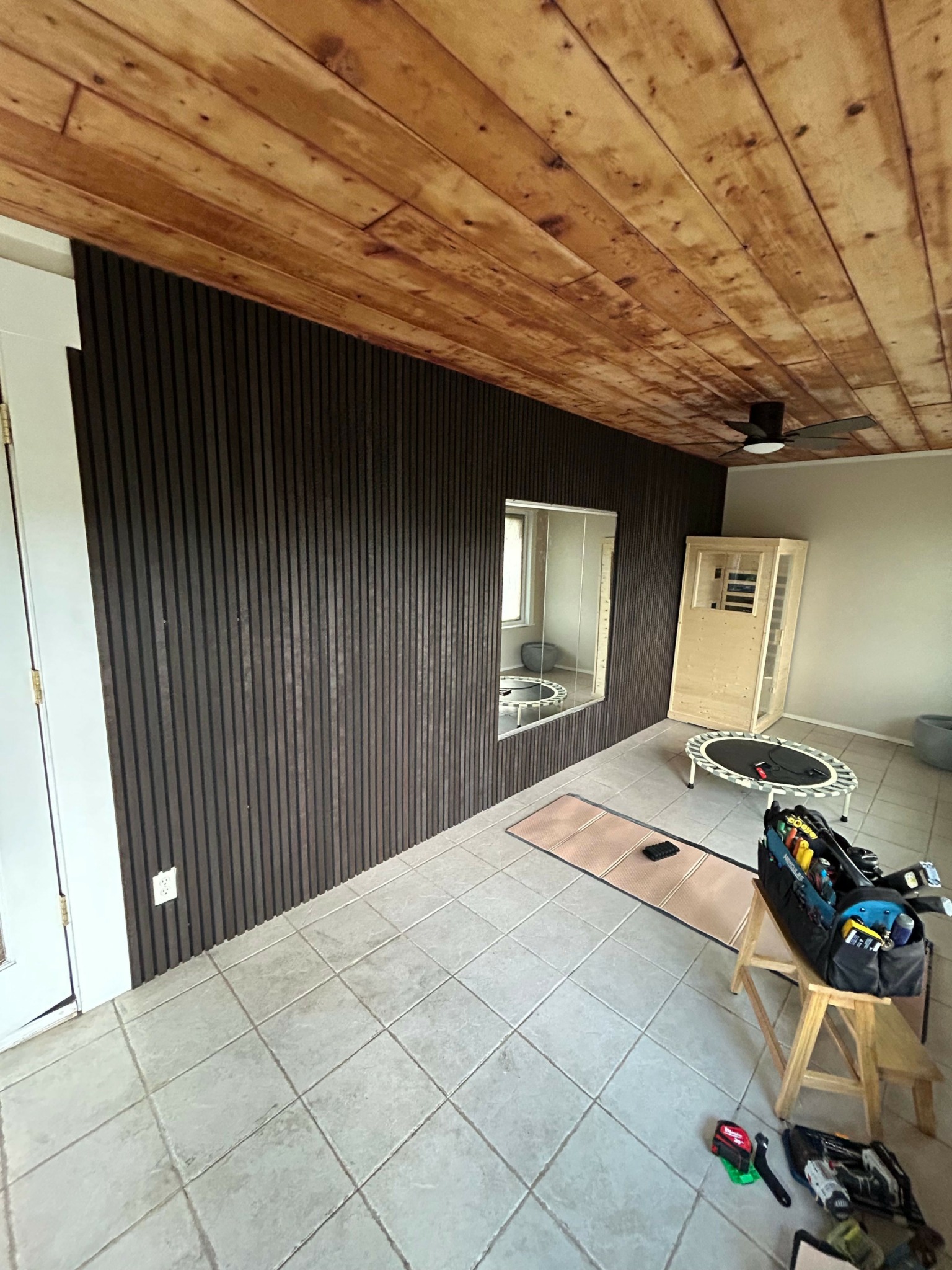
Can you tell us about a time you’ve had to pivot?
I’ve shared that I recently moved from Los Angeles to Seattle. I prefer structure and consistency and this move was far from that. I had initially moved from Marin to Los Angeles because my wife was admitted to a four-year Veterinary school program, which meant leaving a growing region in the Bay Area and rebuilding my client base, but it was something planned. After two years my wife decided to leave school for a job in Seattle – something that we hadn’t planned. Neither of us had lived outside California and it was unnerving to again relocate my business with far less planning this time. Once here in Seattle, we found it much more similar to home in the Bay Area compared to Los Angeles and are immensely happier overall. It provided me the nudge to finally establish Handy Neighbor Home Services as my official business, and has actually proven to be a better market than the one I left in Los Angeles. This experience has helped me realize that change can inspire growth and result in an overall net positive.
Contact Info:
- Website: https://www.handyneighborhs.com/
- Instagram: https://www.instagram.com/handy.neighbor/
- Facebook: https://www.facebook.com/profile.php?id=61575259750879
